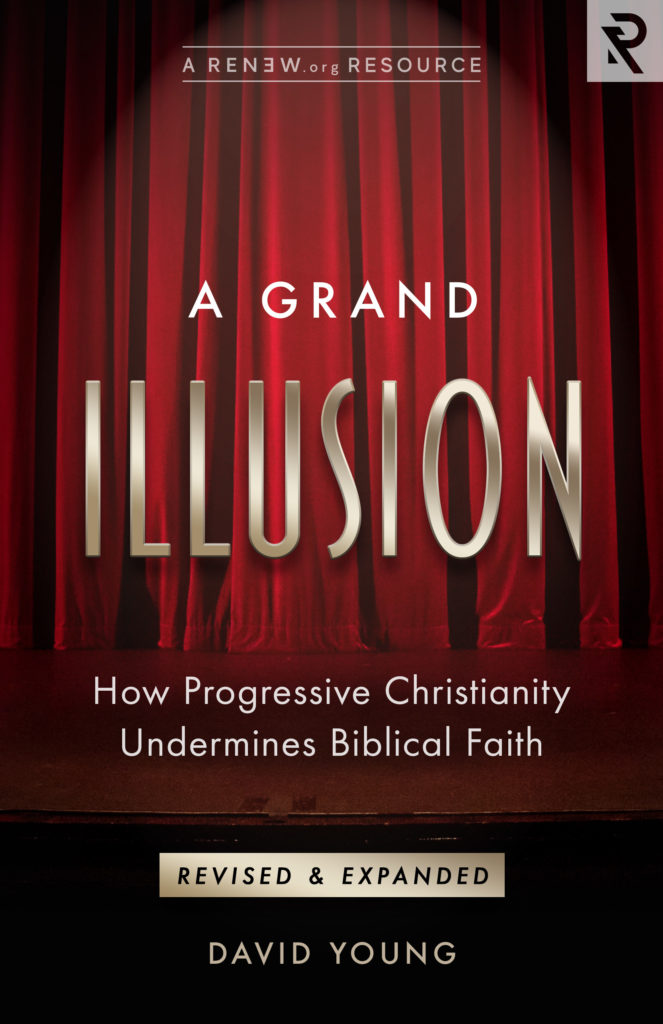
The Iowa Caucus Delay: A Portrait of Theological Progressivism
As I write this, my state of Iowa turns cold again. The weekend got as high as the 50s, but as of today, this week is settling back into highs in the 20s.
The turn of the weather matches the nation’s mood toward Iowa right now.
Here’s why: For the presidential election, the Iowa Caucus is the nation’s first contest in the primaries. The process is more complicated than simply showing up and voting. It involves meetings in which neighbors gather at local schools and libraries, give speeches for their chosen candidate, and then vote, with the crucial count going according to “county delegates,” rather than individual votes.
The Iowa Caucus’s winners are then propelled with momentum into the next primaries (e.g., New Hampshire on February 11). The losers often take it as a sign that they need to go home. After all, if a candidate can pour every ounce of energy into winning Iowa—organizing grassroots campaigns, crisscrossing the state, posing with sticks of fried food at the Iowa State Fair—and come away as #6 or #7 in Iowa? It’s not a good sign. In this way, the Iowa Caucus thins the field.
And yet, even the morning after this election cycle’s Iowa Caucus, the results still aren’t in.
The response is threefold. First, Democrat pundits find it infuriating. Headlines are using the words “meltdown,” “debacle,” and “major screwup.” CNN’s Chris Cuomo scolds Iowa: “You had one job.” MSNBC’s Chris Matthews explains, “If you want it first, do it right.” They are understandably frustrated. Not only is the Democratic cause not moving forward, but just as a nation is tuning into them, they are caught with nothing to report.
The second response is that Trump supporters find it hilarious. This headline says it all: “Iowa Meltdown Hands Opening to Trump.”
The third response is from the candidates themselves. With nothing to report, what are the candidates supposed to tell their supporters who have gathered, eager to celebrate their candidate’s caucus win?
Well, it’s not the time for candidates to show weakness. The delay has given each candidate extended time to project optimism. It has been no surprise that, one by one, each candidate has gone on to give what sounds like a victory speech.
All the candidates have to say something, and, with no clear winners or losers, each candidate can rally supporters by claiming success. Even though some of them actually lost (they just don’t know it yet), they can continue to preach optimism.
Vague answers perpetuate false hope.
Let’s set politics aside and talk about something much more consequential. There are questions of eternal significance which need answering.
Here are a few:
- Is there a God who tells us the truth about reality?
- Is there a religion which offers us the path of salvation?
- Is there a right and wrong way to live our lives?
- Is there life after death?
The Bible gives clear answers to big-picture questions such as these. Progressive theology tends to give vague answers.
Is there a God who tells us the truth about reality? “Well,” a progressive might answer, “it depends on what you mean by tells and what you mean by truth.”
Is there a religion which offers us the path of salvation? “Well, no one should assume that his or her religion contains all that there is to be said about the subject of salvation.”
Is there a right and wrong way to live our lives? “Well, it is important to be authentic to who you know yourself to be.”
Is there life after death? “Perhaps, but the important question is whether we build a kingdom of love and justice in this life.”
The still-crowded Democratic field is brimming with optimism. Yet within a few months, only one will be the Democratic presidential candidate.
That means that a lot of the hope projected by most of the candidates is false. It isn’t grounded in the way reality works.
And when life’s big-picture questions are met with vague answers, that vagueness perpetuates false hope in other religions, philosophies, and lifestyles. The haze of progressivism allows victory speeches from all corners. Thanks to vague answers from progressive voices, all sorts of people can feel optimistic for a season.
But it’s an optimism not grounded in reality. One day, the results will be in.
If you are a Christian who projects a vague, open-ended optimism when it comes to the big-picture questions, please realize that the good feelings created by your vagueness are very temporary.
The picture the Bible paints of reality is much more like the day after a November election, rather than the optimistic mood of candidates after a hazy, results-still-pending caucus:
There is one body [of Christ] and one Spirit—just as you were called to the one hope that belongs to your call—one Lord, one faith, one baptism, one God and Father of all, who is over all and through all and in all (Ephesians 4:4-5).








